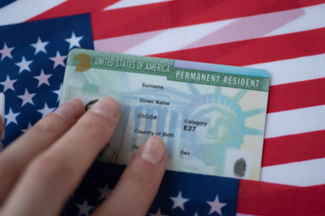The COVID-19 vaccine co-developed by the American pharmaceutical giant Pfizer and the German biotechnology company BioNTech can neutralise variants of the novel coronavirus that were first reported in the UK and South Africa, a new study suggests. The research, published in the journal Nature Medicine, noted that the vaccine is effective against coronavirus variants carrying the N501Y and E484K mutations.
According to the scientists, including those from the University of Texas in the US, these variants have a substitution of the amino acid building blocks that make up the viral spike protein—the part of the virus which enables it to enter human cells.
They said these mutations in the 501st and 484th positions of the protein’s amino acid molecule chain appeared in the UK and the South African variants, and could potentially increase the affinity of the viral spike for the receptor on the human cell through which the virus enters cells.
WHO recommends AstraZeneca vaccine use amid efficacy concerns
The World Health Organization (WHO) has decided that potential benefits of the Oxford-AstraZeneca Covid-19 vaccine outweigh known and potential risks, amid concerns over its efficacy against the virus variant found in South Africa.
The WHO Strategic Advisory Group of Experts on Immunization (SAGE) panel on Wednesday said the two-dose AstraZeneca vaccine efficacy tended to be higher when the interval between doses was within the four to 12 weeks range, reports Xinhua news agency. It also added that although preliminary analyses based on a small sample size in South Africa indicate a marked reduction in vaccine effectiveness against mild and moderate disease, it did not allow a specific assessment of vaccine efficacy against severe Covid-19. As indirect evidence is compatible with protection against severe Covid-19, the situation remains to be demonstrated in ongoing clinical trials and post-implementation evaluations.





Be the first to comment